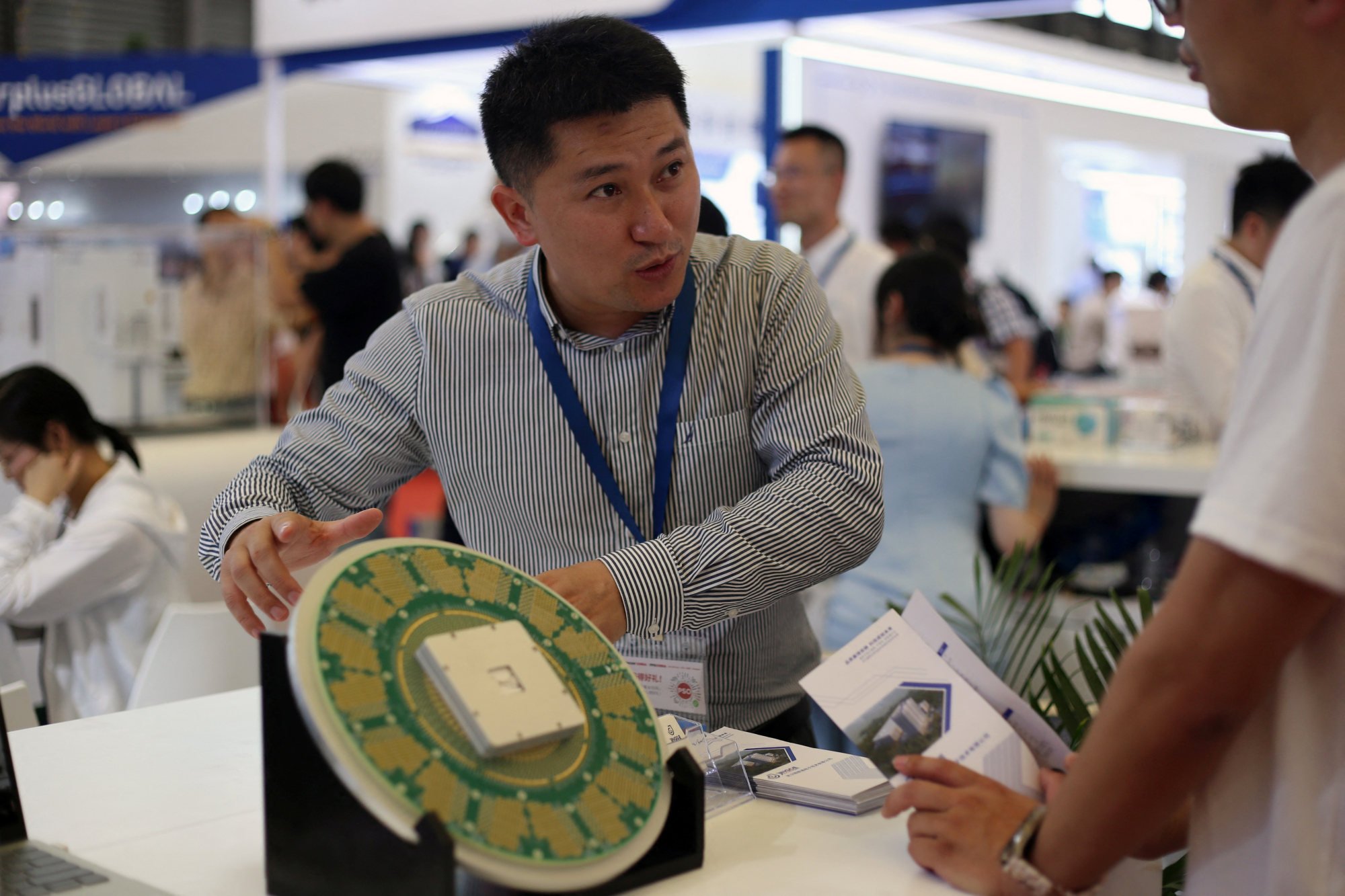China’s semiconductor output jumps 40% in first quarter amid growing dominance in legacy chips
China’s IC output has risen sharply thanks partly to strong demand from downstream sectors, such as new energy vehicles. Government data showed that the country’s new-energy-vehicle output in the first quarter rose 29.2 per cent to 2.08 million vehicles. Smartphone output expanded 16.7 per cent during the same period.

China has expanded its IC production capacity in recent years, with output in the first three months of this year almost tripling from the same quarter in 2019, as semiconductor manufacturing facilities mushroomed across the country.
Under a US embargo on shipments of advanced chip technologies to China, most new Chinese investments have been concentrated on mature semiconductors, according to a report published by the Centre for Strategic and International Studies, a Washington-based think tank.
“An unintended consequence of US export controls on advanced chip technology to China may be a wave of state-backed investment leading to overproduction and, potentially, Chinese dominance of global legacy-chip production,” researchers wrote.
China has been doubling down on its efforts to achieve self-reliance in core technologies.
Its drive to phase out foreign operating systems in military and state organs has been going on for years, and has recently gained momentum with the state-led Xinchuang campaign, which aims to develop local alternatives to replace foreign chips, systems, databases and software.
China pushes forward self-reliance campaign amid unrelenting US sanctions
Beijing aims to have the Chinese tech sector reach an annual output of 100 billion yuan (US$13.9 billion) next year.
Despite China’s self-sufficiency campaign, the country remains heavily dependent on chip imports. IC imports grew 12.7 per cent to 121.5 billion units in the first quarter, while IC exports edged up 3 per cent to 62.4 billion units, according to data released last week by the General Administration of Customs.
Additional reporting by Che Pan